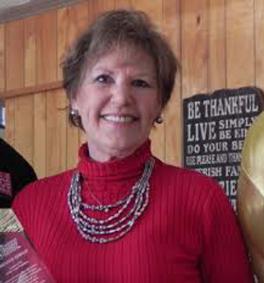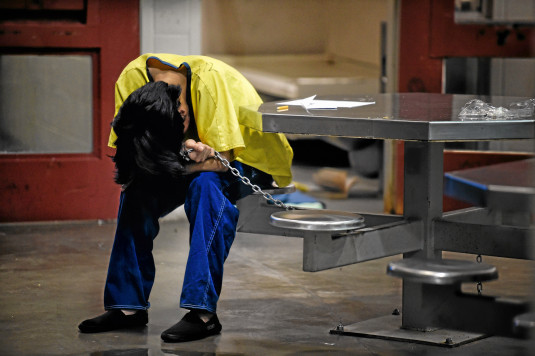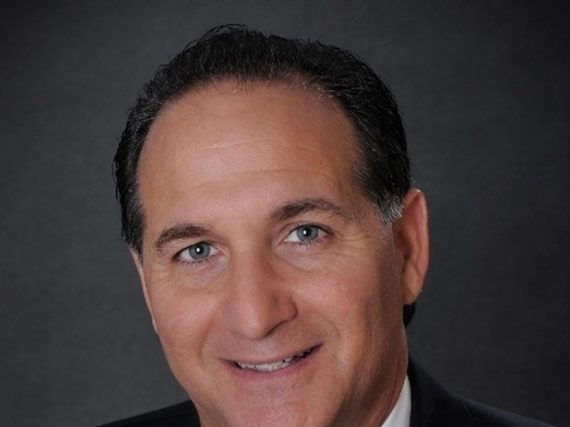
(12-30-19)
Marianne Kernan is my choice for the year’s Most Impactful Player in Mental Health.
If you live in North Carolina, you know Marianne Kernan because she has been a tour de force in Moore County for years. I am choosing her for her accomplishments but also because she is representative of hundreds of dedicated advocates who quietly and steadily work to improve the lives of their family members and others with mental illnesses.
Like so many other parents, Marianne joined the National Alliance on Mental Illness after her son, Keith, became ill in 1986. She moved up its ranks in her local chapter, working as a Family-to-Family and Support Group Leader, Fundraising Chair, Treasurer, Vice President and finally President.
After eleven years, she took a risky and dramatic step. Knowing firsthand how difficult it was to find housing for adults with mental illnesses, she founded a non-profit, raised funds, and bought a house that she and her supporters named Linden Lodge.
The Lodge’s 7 bedroom and 3 bath home can house 6 residents and one 24 hour staff member and is located in Pinehurst, North Carolina. Its philosophy is that individuals with serious mental illnesses learn to live life by living it!
Linden Lodge provides its residents with employment opportunities, recreational activities, and physical fitness programs and necessary living skills, such as personal hygiene, grocery shopping, food preparation, housekeeping, budgeting, and time management. It focuses on helping its residents develop friendships and emphasizes the importance of family relations. It is funded exclusively by fundraisers and contributions from local businesses and families.
In the past, I have chosen well-known figures and organizations as my impact choices: 2014 – Rep. Tim Murphy (R.Pa.), Va. State Senator Creigh Deeds, and philanthropist Ted Stanley; 2015 – The Treatment Advocacy Center; 2016 – U.S. Senators John Cornyn (R-Tx.) Chris Murphy )(D-Conn.) and Dr. Bill Cassidy (R-La.); 2017 – Dr. Elinore McCance-Katz and Mary Giliberti; 2018 – Dr. McCance-Katz.
Marianne Kernan and those such as her change lives one-at-a-time often without fanfare. I’ve featured others on my blog: Trudy Harsh, Jennifer Marshal, Laura Pogliano; Lin and Ron Wilensky, Kathleen Maloney, Betsy Greer, G. Douglas Bevelacqua, Sandra Luckow, Elena Broslovsky, Dede Ranahan, Jerri Clark…. the list goes on-and-on.





